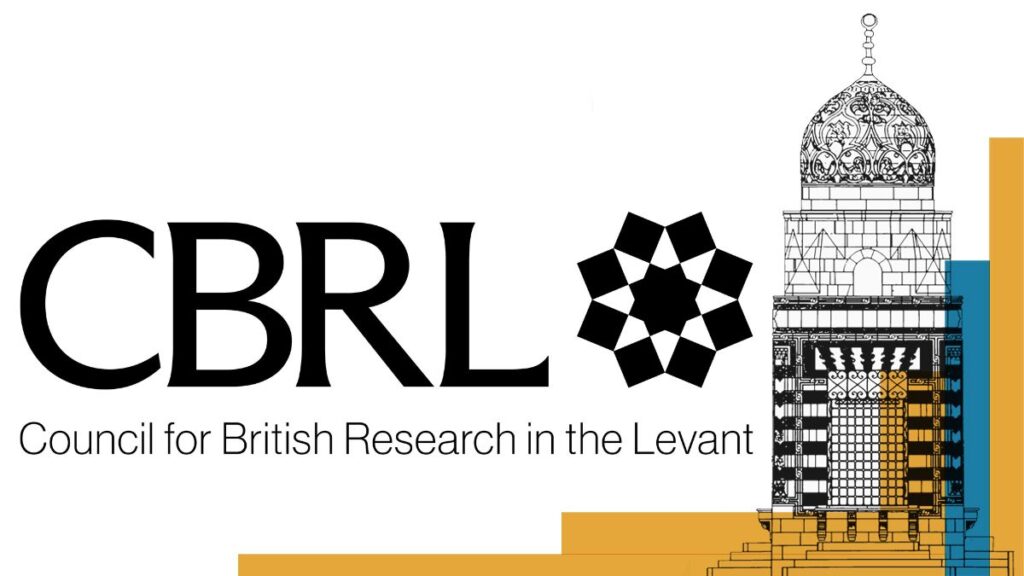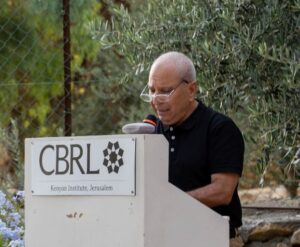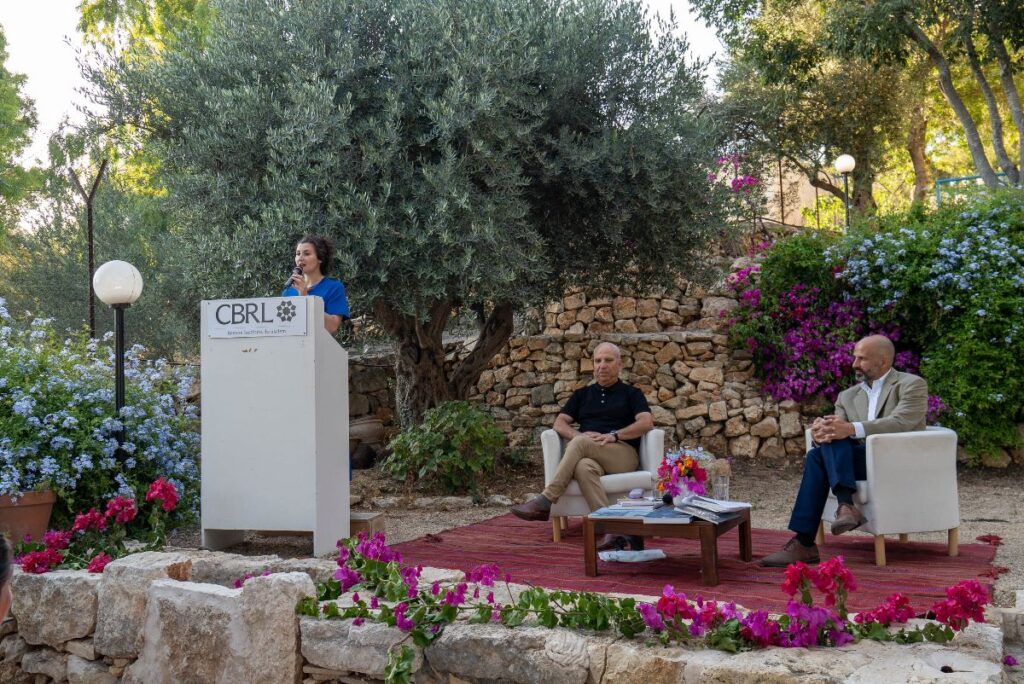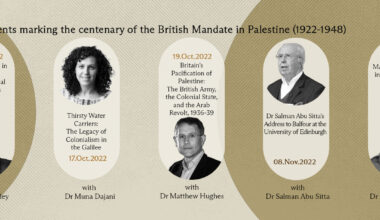
At the reopening of the Kenyon Institute following renovations on 23 June 2022, CBRL launched one of the cornerstone projects of CBRL’s new digital archive plans: the Islamic Jerusalem Archive Project (IJAP), supported by Altajir Trust.
Being the successor of the British School of Archaeology in Jerusalem (BSAJ), CBRL is fortunate to hold custody of archives which include documentation of the city’s abundant history. These include a key architectural survey of Jerusalem – (read more here: Architectural survey of Jerusalem) a decades-long ground-breaking endeavour that was published as part of the ‘Islamic Jerusalem Trilogy’: seminal reference works on Jerusalem’s Ayyubid, Mamluk and Ottoman buildings and monuments, cataloguing the city’s architectural history from the 12th to the 20th century.
The ‘Islamic Jerusalem Trilogy’ volumes include:
- Mamluk Jerusalem: An Architectural Study, by Michael Burgoyne (1987)
- Ottoman Jerusalem: The Living City 1517-1917, edited by Sylvia Auld and Robert Hillenbrand, with an architectural survey by Yusuf Natsheh (2000)
- Ayyubid Jerusalem: The Holy City in Context 1187-1250, edited by Robert Hillenbrand and Sylvia Auld (2009)
All volumes are available to purchase in hard copy from the Altajir Trust.
This project will bring the Islamic Jerusalem Trilogy to digital audiences for the first time by digitising the publications, beginning with Mamluk Jerusalem: An Architectural Study by Michael Burgoyne (1987).
One of our key strategic goals is to make our historic archive holidays more accessible to researchers and the interested public globally. The second element involved the development of our physical and digital archival infrastructure to make archives held at the Kenyon Institute accessible, including materials relating to the ‘Islamic Jerusalem Trilogy’. The results of the project will be shared on our upcoming CBRL Digital Archive site, which will be open-access and interoperable with other archives, working with Linked Open Data standards.
The original survey work that resulted in the ‘Islamic Jerusalem Trilogy’ was supported by the World of Islam Festival Trust and the Altajir Trust, amongst others and conducted in cooperation with the Awqaf Administration. We are delighted that the Altajir Trust is supporting CBRL to make these ground-breaking studies of Islamic Jerusalem more broadly available, and as part of ensuring the protection of the city’s unique heritage.

We were delighted that the keynote lecture given at our recent re-opening event was given by Dr Yusuf Natsheh, general director of the Centre for Jerusalem Studies at Al-Quds University, co-author on the architectural survey published in Ottoman Jerusalem: The Living City 1517 – 1917, edited by Sylvia Auld and Robert Hillenbrand (2000). His keynote lecture, ‘Evaluating the Documentation and Preservation of Jerusalem’s Islamic Architectural Heritage – A Personal Perspective’, shared insights from the production of surveys and the publications, where he recalled standing ‘shoulder to shoulder’ with his co-authors in order to get the job done, as well as situating the importance of heritage documentation in the contemporary landscape. The recording of the lecture can be found below.














